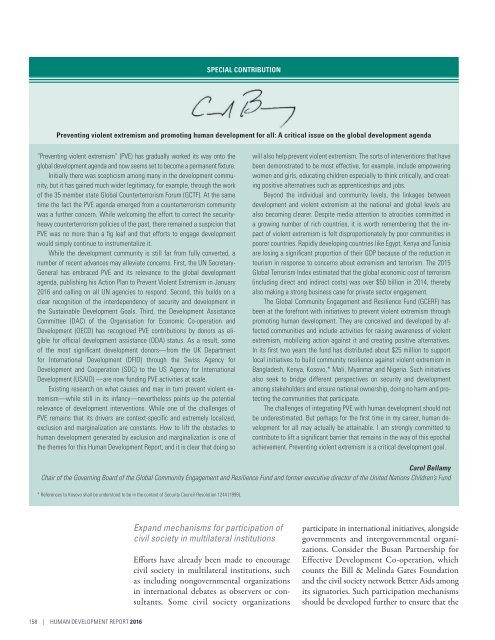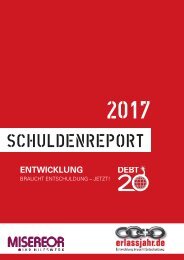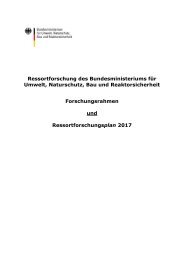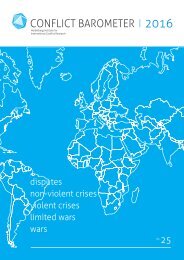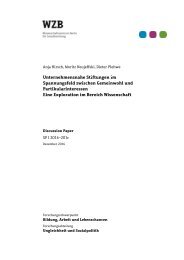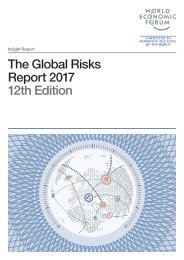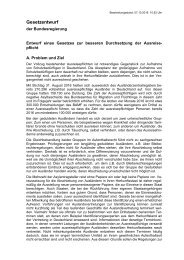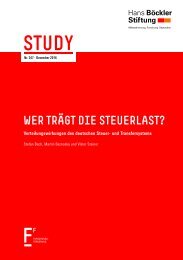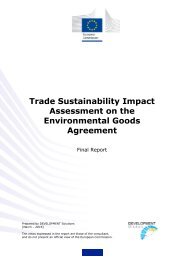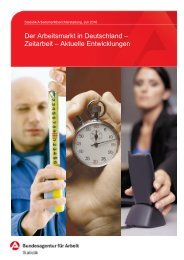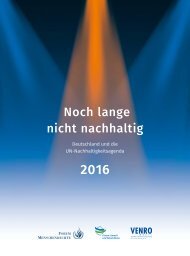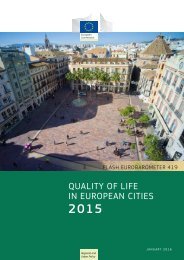Human Development Report 2016
6Tyccfrzw
6Tyccfrzw
Create successful ePaper yourself
Turn your PDF publications into a flip-book with our unique Google optimized e-Paper software.
SPECIAL CONTRIBUTION<br />
Preventing violent extremism and promoting human development for all: A critical issue on the global development agenda<br />
“Preventing violent extremism” (PVE) has gradually worked its way onto the<br />
global development agenda and now seems set to become a permanent fixture.<br />
Initially there was scepticism among many in the development community,<br />
but it has gained much wider legitimacy, for example, through the work<br />
of the 35 member state Global Counterterrorism Forum (GCTF). At the same<br />
time the fact the PVE agenda emerged from a counterterrorism community<br />
was a further concern. While welcoming the effort to correct the securityheavy<br />
counterterrorism policies of the past, there remained a suspicion that<br />
PVE was no more than a fig leaf and that efforts to engage development<br />
would simply continue to instrumentalize it.<br />
While the development community is still far from fully converted, a<br />
number of recent advances may alleviate concerns. First, the UN Secretary-<br />
General has embraced PVE and its relevance to the global development<br />
agenda, publishing his Action Plan to Prevent Violent Extremism in January<br />
<strong>2016</strong> and calling on all UN agencies to respond. Second, this builds on a<br />
clear recognition of the interdependency of security and development in<br />
the Sustainable <strong>Development</strong> Goals. Third, the <strong>Development</strong> Assistance<br />
Committee (DAC) of the Organisation for Economic Co-operation and<br />
<strong>Development</strong> (OECD) has recognized PVE contributions by donors as eligible<br />
for official development assistance (ODA) status. As a result, some<br />
of the most significant development donors—from the UK Department<br />
for International <strong>Development</strong> (DFID) through the Swiss Agency for<br />
<strong>Development</strong> and Cooperation (SDC) to the US Agency for International<br />
<strong>Development</strong> (USAID) —are now funding PVE activities at scale.<br />
Existing research on what causes and may in turn prevent violent extremism—while<br />
still in its infancy—nevertheless points up the potential<br />
relevance of development interventions. While one of the challenges of<br />
PVE remains that its drivers are context-specific and extremely localized,<br />
exclusion and marginalization are constants. How to lift the obstacles to<br />
human development generated by exclusion and marginalization is one of<br />
the themes for this <strong>Human</strong> <strong>Development</strong> <strong>Report</strong>; and it is clear that doing so<br />
will also help prevent violent extremism. The sorts of interventions that have<br />
been demonstrated to be most effective, for example, include empowering<br />
women and girls, educating children especially to think critically, and creating<br />
positive alternatives such as apprenticeships and jobs.<br />
Beyond the individual and community levels, the linkages between<br />
development and violent extremism at the national and global levels are<br />
also becoming clearer. Despite media attention to atrocities committed in<br />
a growing number of rich countries, it is worth remembering that the impact<br />
of violent extremism is felt disproportionately by poor communities in<br />
poorer countries. Rapidly developing countries like Egypt, Kenya and Tunisia<br />
are losing a significant proportion of their GDP because of the reduction in<br />
tourism in response to concerns about extremism and terrorism. The 2015<br />
Global Terrorism Index estimated that the global economic cost of terrorism<br />
(including direct and indirect costs) was over $50 billion in 2014, thereby<br />
also making a strong business case for private sector engagement.<br />
The Global Community Engagement and Resilience Fund (GCERF) has<br />
been at the forefront with initiatives to prevent violent extremism through<br />
promoting human development. They are conceived and developed by affected<br />
communities and include activities for raising awareness of violent<br />
extremism, mobilizing action against it and creating positive alternatives.<br />
In its first two years the fund has distributed about $25 million to support<br />
local initiatives to build community resilience against violent extremism in<br />
Bangladesh, Kenya, Kosovo,* Mali, Myanmar and Nigeria. Such initiatives<br />
also seek to bridge different perspectives on security and development<br />
among stakeholders and ensure national ownership, doing no harm and protecting<br />
the communities that participate.<br />
The challenges of integrating PVE with human development should not<br />
be underestimated. But perhaps for the first time in my career, human development<br />
for all may actually be attainable. I am strongly committed to<br />
contribute to lift a significant barrier that remains in the way of this epochal<br />
achievement. Preventing violent extremism is a critical development goal.<br />
Carol Bellamy<br />
Chair of the Governing Board of the Global Community Engagement and Resilience Fund and former executive director of the United Nations Children’s Fund<br />
* References to Kosovo shall be understood to be in the context of Security Council Resolution 1244 (1999).<br />
Expand mechanisms for participation of<br />
civil society in multilateral institutions<br />
Efforts have already been made to encourage<br />
civil society in multilateral institutions, such<br />
as including nongovernmental organizations<br />
in international debates as observers or consultants.<br />
Some civil society organizations<br />
participate in international initiatives, alongside<br />
governments and intergovernmental organizations.<br />
Consider the Busan Partnership for<br />
Effective <strong>Development</strong> Co-operation, which<br />
counts the Bill & Melinda Gates Foundation<br />
and the civil society network Better Aids among<br />
its signatories. Such participation mechanisms<br />
should be developed further to ensure that the<br />
158 | HUMAN DEVELOPMENT REPORT <strong>2016</strong>


